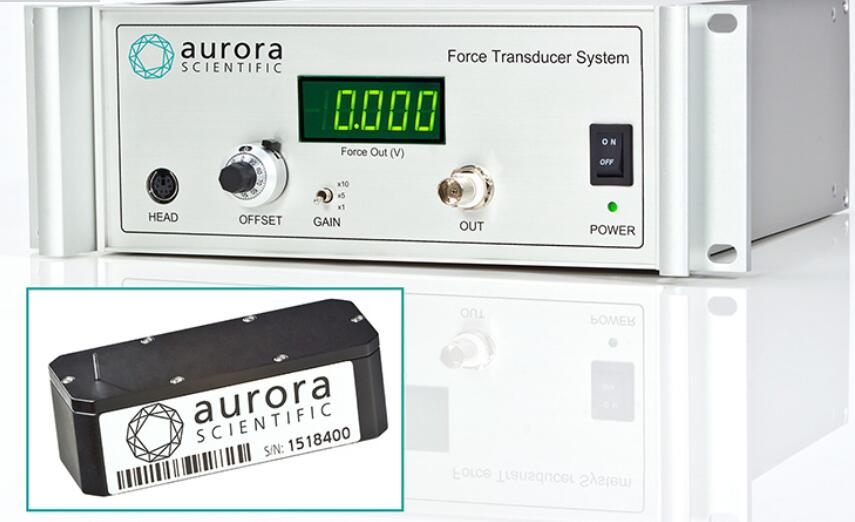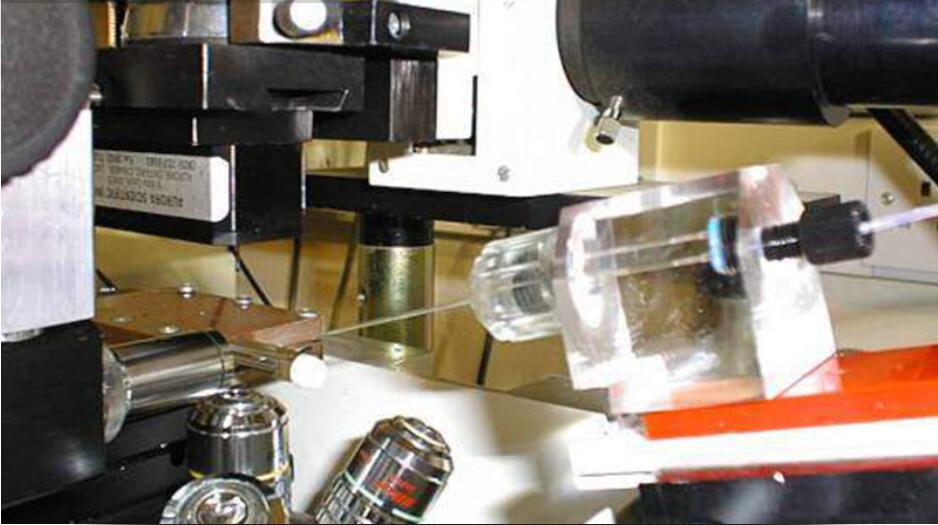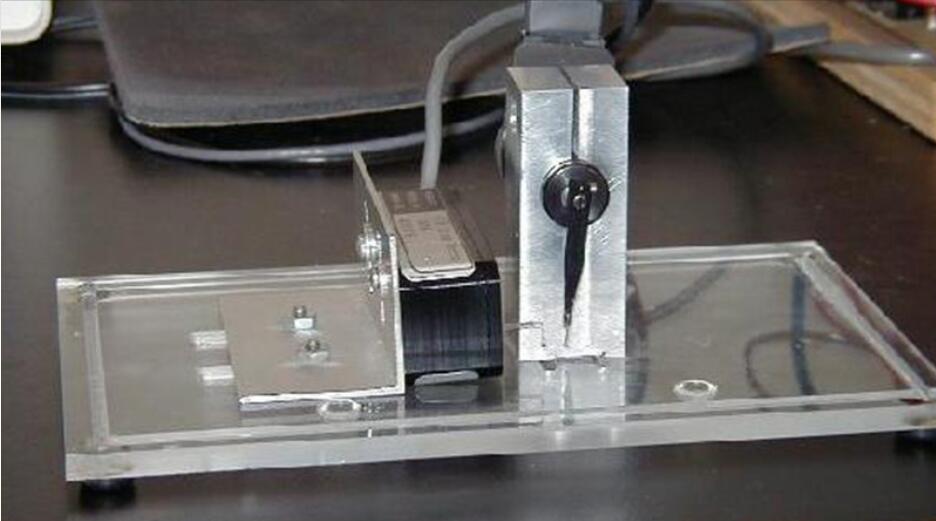400A: Nanomaterials/MEMS Measurement
型号:400A
价格:请致电:010-67529703
品牌:aurorascientific

Overview
The 400A series of high-level output force transducers provide a wide range of force measurements designed to test the mechanical properties of numerous artificial or biological materials. Each model provides bi-directional measurement of force, and unlike semi-conductor strain gauges, these transducers are rugged. Aurora Scientific transducers have enabled materials scientists to accurately assess properties such as surface adhesion, stiffness and deformation of materials including hydrogels, MEMs, nanowires, spider silk and bioengineered tissues.
The 400A series consists of models with a resolution to 10nN (1 microgram), along with others with a frequency response to 4kHz. Seven unique models cover a force range from 0.5mN to 1000mN.
These transducers provide confidence to the researcher in measuring force with extremely low compliance, abolishing any motion in the sample. They are also designed with excellent thermal stability and minimal sensitivity to vibration and interference. All 400A models provide reliability and ease of use without troublesome compensation techniques.

Features
- measure mechanical properties of any number of materials including MEMS, hydrogels, artificial muscle, nanowires, plant cells, etc.
- maximum forces from 0.5mN – 1000mN
- bi-directional force capability
- fast response, up to 4kHz
- high resolution (10nN for 406A)
- incredibly low compliance (5?m at full load – all models)
- excellent thermal stability
- rejection of ambient vibrations or interference
- rugged and repairable
- ready-to-use, complete with sensor head and electronics
- digital output display
- easy to use

Citations
Li, Chuan, Mark Ahearne, and Kuo-Kang Liu. “Micromechanical characterization of hydrogel-based contact lens.” International Journal of Modern Physics B 24.01n02 (2010): 117-127.
Hennequin, Yves et al. “Synthesizing microcapsules with controlled geometrical and mechanical properties with microfluidic double emulsion technology.” Langmuir 25.14 (2009): 7857-7861.
Ahearne, Mark et al. “Mechanical characterization of biomimetic membranes by micro-shaft poking.” Journal of The Royal Society Interface (2008): rsif-2008.


